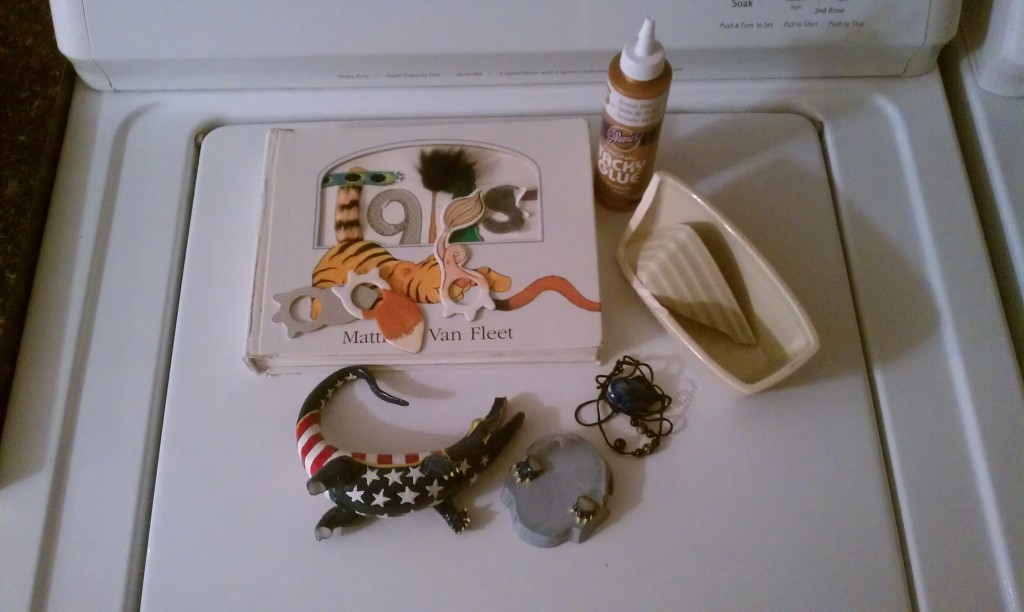Let me start with three reasons working on a book with a lousy concept is a bad idea:
- Beautiful, compelling writing is terribly important to publishers, but if your beautiful writing is in the service of a concept that no one will buy, publishers will have a hard time getting excited.
- A far-reaching platform is also a huge asset, but again if your concept bites, what’s the use? What’s the point of leveraging a massive platform for a book that people are not interested in? Throngs may flock to you, but if you hand them SPAM, they will be less likely to come back, and they will not send others to you.
- What’s the point of investing a massive amount of time and energy into a concept that won’t sell? Your time and energy are more valuable than that.
I have been in pub board sessions where I could literally see the tension in our bodies. We fairly writhe in our seats when we love the writing or the platform, or both, but dislike the concept. We writhe because we see all that potential going to waste.

And yes, sometimes we get it wrong. Sometimes we turn down a concept that another publisher picks up, and it becomes a big success. But that is the very rare exception. Far more often we give a concept the benefit of the doubt only to wish we hadn’t later. Often we dislike a concept because we have seen similar concepts fail.
By the way, the reverse of all the above is also true. It’s pure magic when beautiful writing and a good platform work together with a sweet concept. That’s the stuff that gets us up in the morning! That’s the stuff that changes lives and makes a real difference out there.
Needless to say, this up front work of coming up with a great concept is really important.
I want to recommend a two-step process for developing a compelling topic:
- Find the need.
- Brainstorm a title.
Step 1: Find the Need
It’s important to isolate the impulse to buy. This isn’t about getting rich or helping the publisher get rich. It’s about the fact that you and I don’t plunk down money for a book unless we really want it. That’s just reality.
Ask: What is the need to which your book will be the answer? What’s the itch you’re going to scratch? What’s the pain you’re going to take on as your own?
This isn’t necessarily about clever concepts, either. We see a lot of clever concepts that reflect genuine creativity, but don’t scratch an itch. And here’s what we say when we see one of these: “Clever concept, but will it sell?”
This isn’t about the need you think people have. It’s about the need they think they have.
Social networks can be key here. Talk to friends. Do some surveys. Ask, “Would you buy a book on…? And if you wouldn’t, what would you buy a book on?”
Spend some time on this. Read books and articles and blogs to help you develop your idea.
Be willing to change your concept. Sometimes a subtle change makes all the difference. Sometimes a change means more work for you, and this work is worth doing.
Step 2: Brainstorm a Title
Some proposals reassure, “Don’t worry. I’m not married to this title. We can change it.” Make no mistake. The title you use in your book proposal has a significant influence on how publishers will respond to it. We know it’s not final, but your title still affects our reception.
Again I would point to the great power of a community here. Enlist some friends—friends you trust, friends whose opinions you value. Throw a brainstorming party, get one of those big 3M pads of paper, and go crazy. Consider doing three of these sessions. Use the ideas that come from these team sessions as fodder for brainstorming sessions you do later by yourself.
You may want to brainstorm not just titles but subtitles too, and eventually title and subtitle combinations.
Then, in your proposal use the best title and subtitle you came up with, but include a list of ten to twenty alternatives too. Titles are essentially concept labels, so if you include several, we’ll see various possible angles for the concept. By providing a list, in a sense you’re helping us brainstorm with you. We’re seeing the possibilities alongside you, and we may be able to add an additional possibility or two.
[callout]Bonus Content: I hired an artist to design an infographic that presents the information in this article in an easy-to-use visual format. I also created a video training that walks you through the infographic step by step.
[Tweet “A simple step-by-step method for coming up with a great book concept via @ChadRAllen”]
[reminder]This is my best shot at helping you come up with a great book concept, but do you have other ideas? What has worked for you or people you know? [/reminder]













